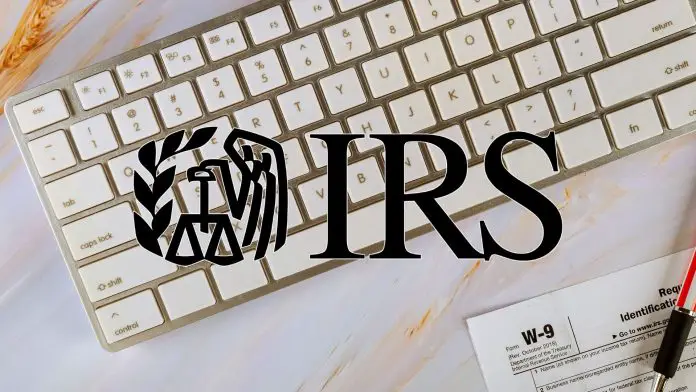As National Small Business Week unfolds, the IRS reminds small business owners to remain vigilant against the ongoing threat of scams and fraud, even after the typical tax filing deadline has passed. With the financial stakes high, ensuring the integrity of your business and protecting sensitive information has never been more critical.
Earlier this year, the IRS released its “Dirty Dozen” list, which outlines some of the most sophisticated scams targeting businesses today. Scams such as new client schemes, spear phishing, fake charities, and misinformation spread on social media could significantly undermine the stability of a small business.
One of the key takeaways for small business owners is the importance of proactive measures to fortify defenses against potential scams. For instance, businesses should be wary of fraudulent requests for sensitive information, such as W-2 forms. Implementing security measures such as anti-malware software, strong password policies, and multi-factor authentication can play a crucial role in safeguarding your enterprise.
The IRS underscores the importance of protecting your Employer Identification Number (EIN), advising business owners to keep this crucial data secure and updated. Any changes should be reported immediately using Form 8822-B to help minimize risks of identity theft or fraudulent activity affecting your business.
As natural disasters are becoming more frequent, they present an additional risk for increased fraudulent schemes. Scammers often impersonate IRS workers, claiming they can assist with casualty loss claims. Small businesses affected by disasters should reach out to the IRS disaster assistance line at 866-562-5227 for legitimate guidance regarding tax relief.
In an overarching effort to strengthen defenses, education is paramount. Business owners should prioritize the training of employees in data security best practices. Resources such as the IRS Identity Theft Central and the National Tax Security Awareness Week publications provide vital information that can be easily integrated into training sessions.
“Scams can emerge at any time and in various forms,” said an IRS spokesperson. “Encouraging your employees to be aware and vigilant can be the first line of defense for your business.”
For small business owners, keeping abreast of the shifting landscape of scams can feel daunting. However, the IRS offers several methods for reporting suspicious activities. Business owners can leverage resources available at IRS.gov/scams to stay informed.
Engaging actively with resources also opens avenues for preventative measures. Best practices include only entering personal data on secure websites and ensuring that information is shared on a need-to-know basis within your organization.
As businesses continually navigate pressures from misinformation and fraudulent schemes, vigilance is essential in not only maintaining operational integrity but also safeguarding employee and client trust. The IRS emphasizes that resources are available to assist, but taking the initiative to implement strong security protocols is ultimately in the hands of the business owner.
Small business owners are encouraged to participate in ongoing dialogues on social media platforms, like following @IRStaxsecurity on X for the latest information on scams. By staying informed and proactive, small businesses can better shield themselves from becoming victims of fraud.
Given the evolving nature of scams, a commitment to continuous education and proactive measures, combined with the IRS’s resources, can empower small business owners to navigate these challenges effectively. For further details on safeguarding your business, visit the original IRS release at IRS.gov.
Image Via Envato: photovs



